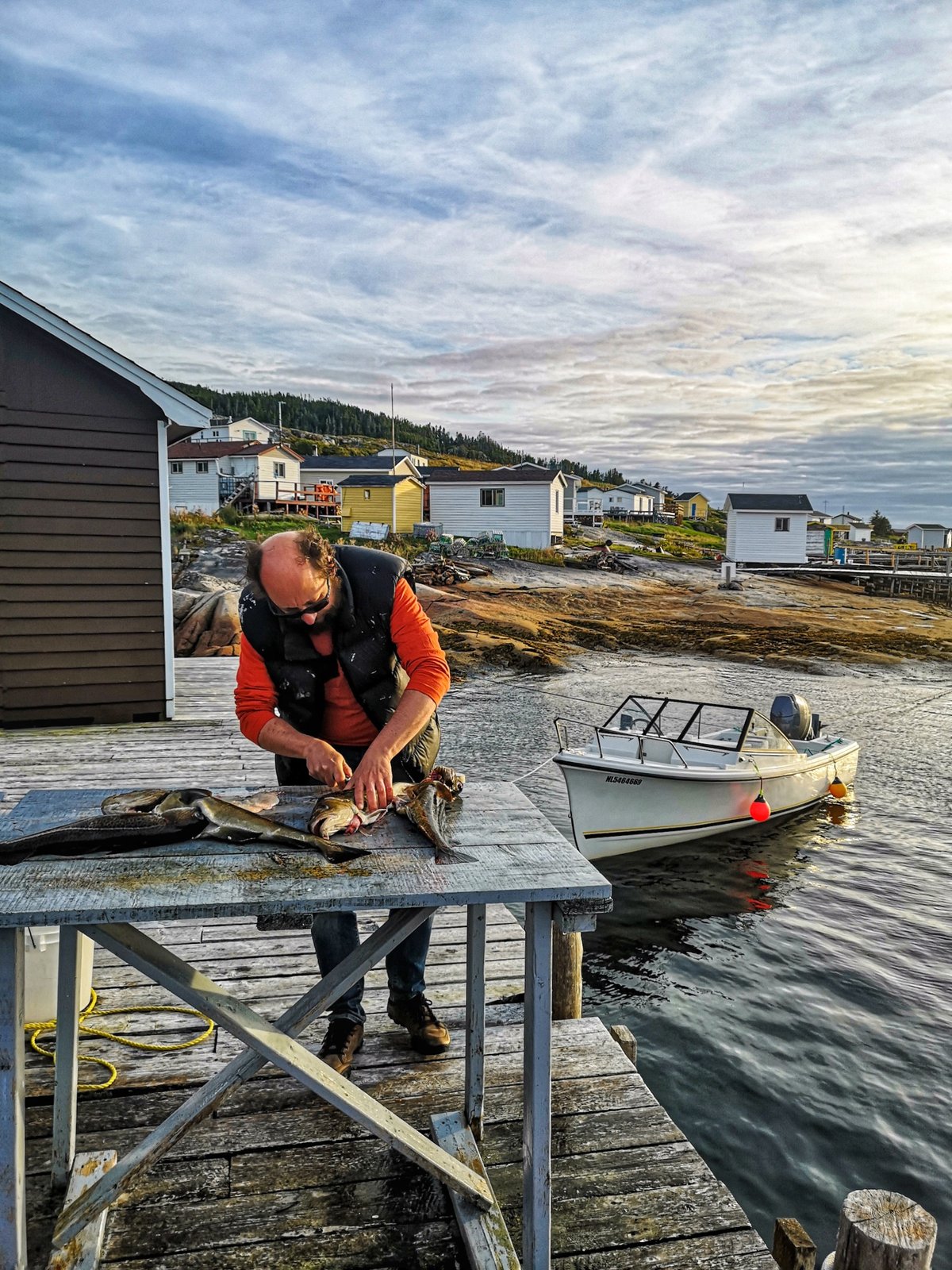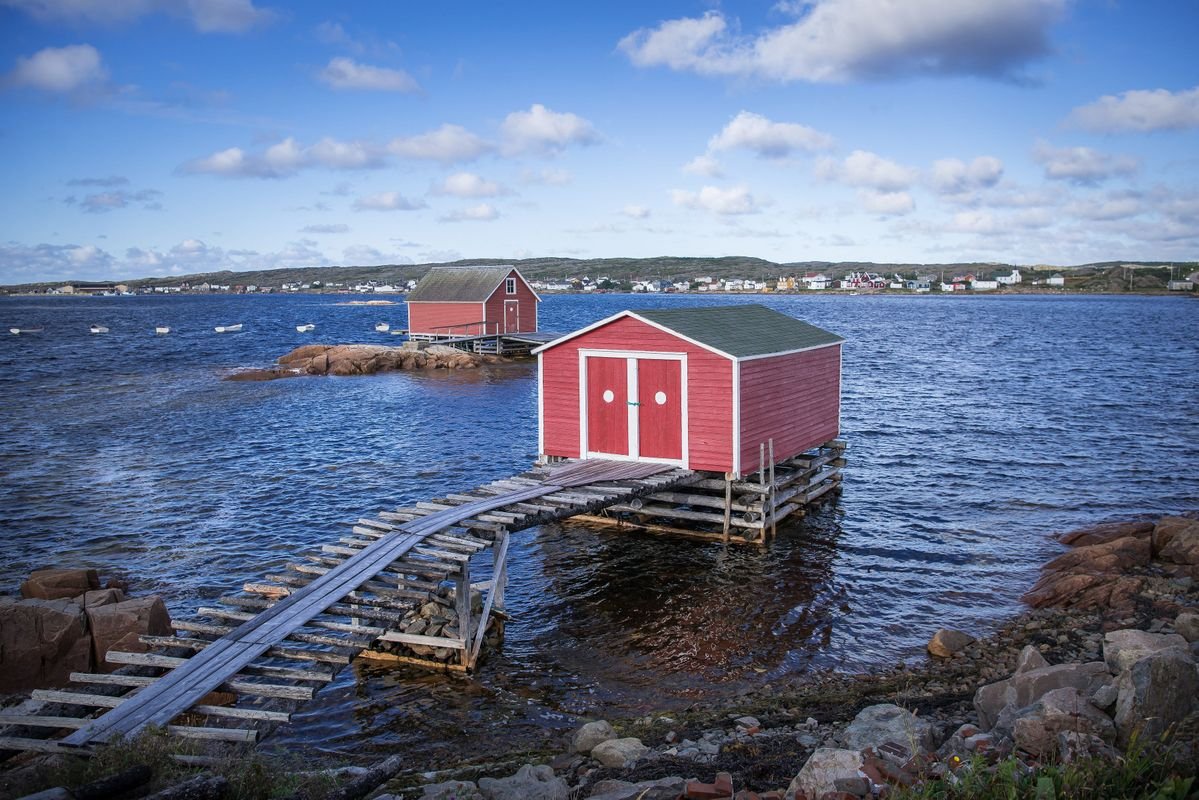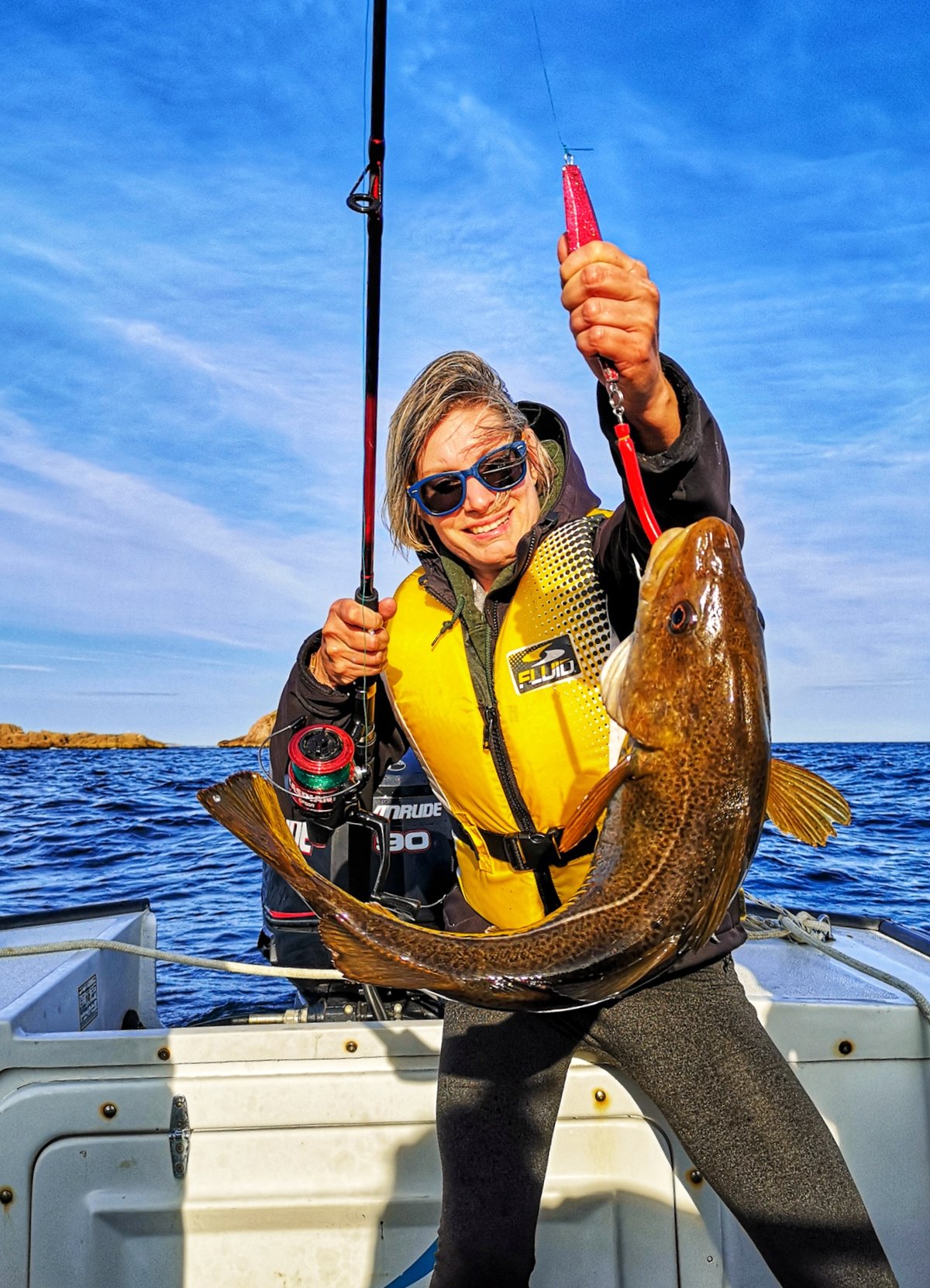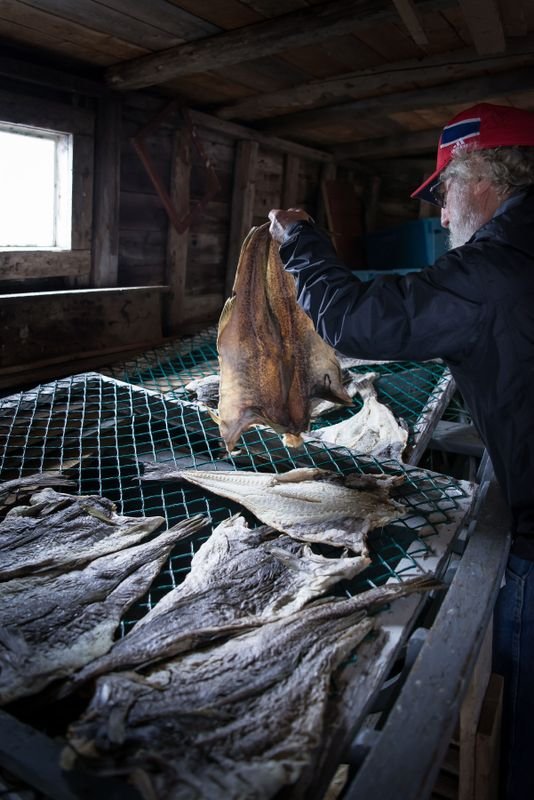Cod tongues, seal carpaccios and seaweed gin
In search of Canadian gastronomic identity in Newfoundland
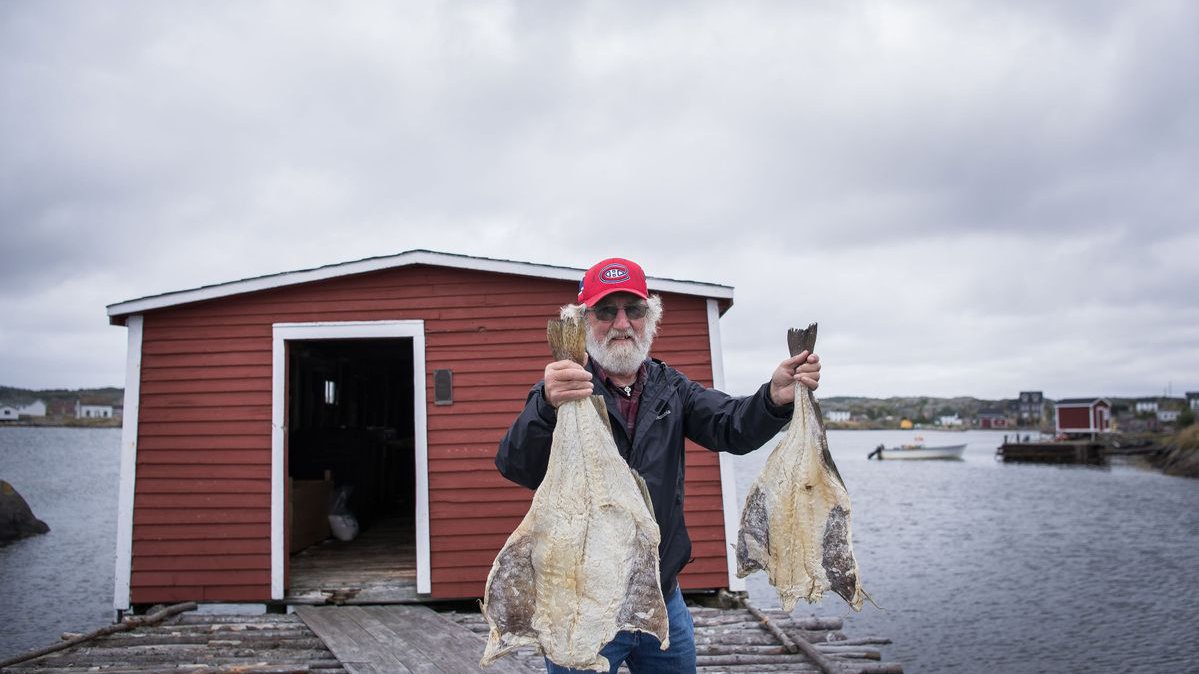
What exactly is Canadian cuisine? Three years ago I went with a couple of food journalist friends on a trip to Toronto, leaving it without a clear idea of what Canadian gastronomic identity was. Is it maple syrup? Smoked wild salmon? Moose burgers? Poutine?
In Newfoundland and Labrador that identity is much clearer. Ascribe that to the tightly knit island community, their Newfie pride, their resilience stemming from being a nation of fishermen and seamen, whiplashed by forces of nature, by crushing ocean, by storms and thick fog and impossibly long winters.
This is the land of the mighty cod, of snow crab and salty-sweet ice shrimps. It's the land of 1001 berries, all kinds from acidic crowberry to slightly tart partridgeberry, from juicy cloudberry (called here bakeapple) to minty snowberry (wittily called here Tic Tac berry).
It’s where pristine virgin forests along the craggy, vertigo-inducing cliffs are filled with fragrant aromas of chanterelles, iodine, Labrador tea, spruce and resin, with a hint of decaying fish and seaweed.
This is the land of moose, caribou and wild birds, all featured heavily on the menus of local eateries, alongside some local curiosities like flipper (seal) pie and fried cod tongues (basically kokotxas – Basque sailors as first commercial whale hunters made it to these shores way back in 1525).
COD ALLMIGHTY
There’s no history of Newfoundland without the history of cod and the role it played not just in gastronomy of the province, but also how it shaped the socioeconomics of the region.
For centuries the native tribes of Newfoundland and Labrador were living off cod fishing, but large scale fishing began shortly after the European arrival in the North American continent in 1492.
What were once bountiful waters by early 1990s with intense overfishing turned into devastation and in 1992 the fisheries completely collapsed, leading to government imposed 10-year cod fishing moratorium. The region that for centuries relied on fishing was left scrambling to survive, eventually turning into Canada’s poorest province.
But as one older islander tells me, hardship is something Newfoundlanders have been familiar with. The long and turbulent history of tumultuous weather, of men lost at sea, of long winters with little or no provisions, of offshore oil boom – and the subsequent sudden decline of it … They have become accustomed to having to reinvent itself with every such shift and turn.
Adaptation, resilience, all reflective in the traditional cuisine as well, this mix of old English and Irish traditions adapted to the geo-climatic conditions of Newfoundland the basis being root vegetables, cod and all kinds of game. In a region perhaps most famous for iceberg viewing and where snow can linger all the way until end of June there’s not much you can grow in such a short crop season so preservation has become key. Salted meats, pickled root vegetables, bottled moose and seal.

